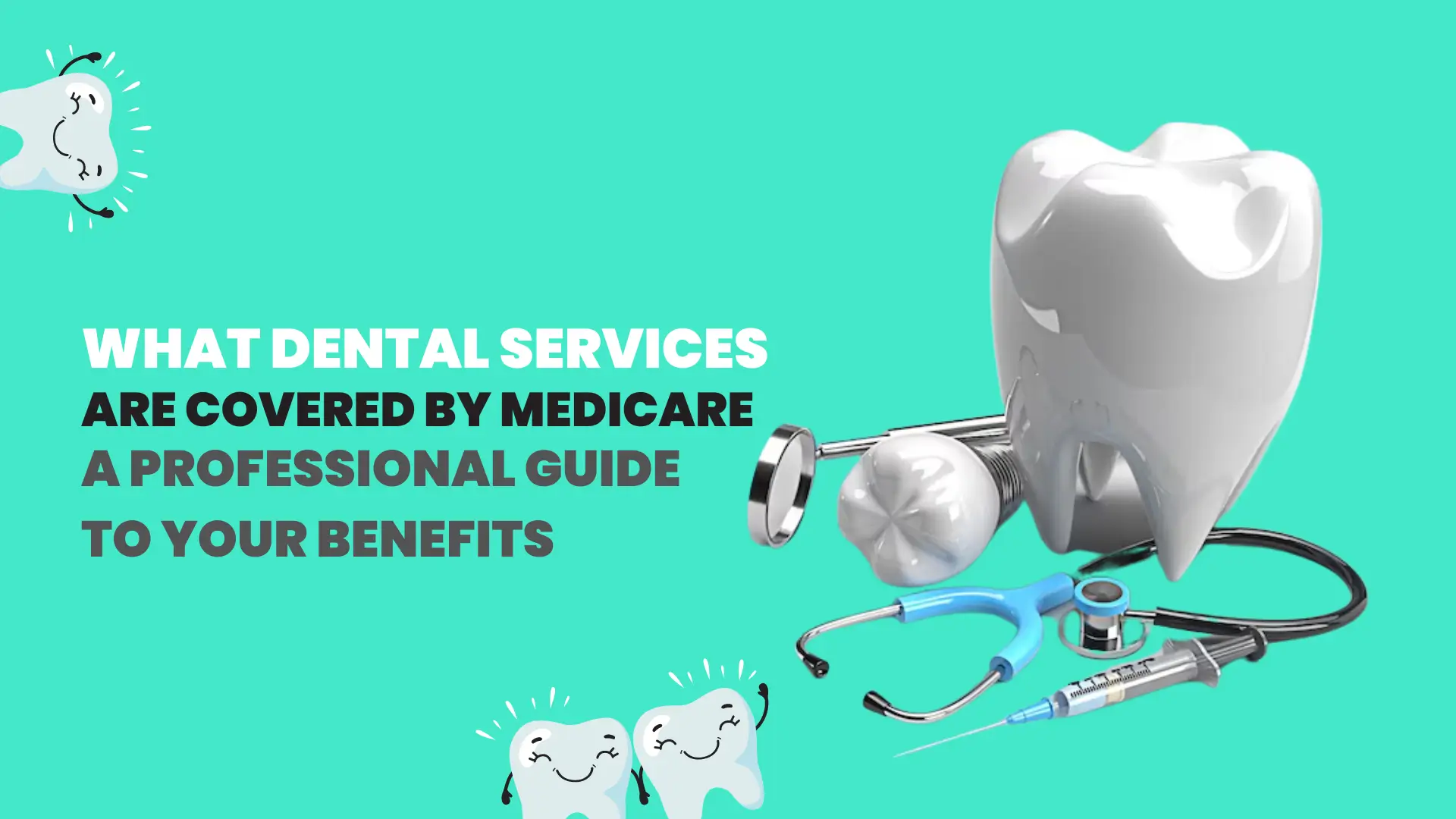Medicare is a federal health insurance program predominantly for individuals aged 65 and over, as well as for some younger people with disabilities and those with End-Stage Renal Disease. Navigating the intricacies of what services are covered by this program, especially when it comes to dental care, can be complex. Generally, Medicare does not cover routine dental care or most dental procedures such as cleanings, fillings, tooth extractions, or dentures.
However, there are exceptions where Medicare will cover dental services. This is primarily in cases where dental care is integral to other medical services that are covered by the program. For instance, if a patient requires a complicated surgical procedure that includes dental exams or services that are necessary for the overall success of the surgery, Medicare may provide coverage.
It’s important for beneficiaries to understand the limitations of Medicare in the realm of dental health and explore various options that might help cover the costs of necessary dental services. Some may opt for additional coverage through Medicare Advantage Plans that often include dental benefits, or seek separate dental insurance. Understanding the exact benefits and exclusions of Medicare’s dental coverage is essential in making informed decisions regarding one’s dental health care.
Medicare Dental Coverage Overview
Medicare typically does not include routine dental care or procedures such as cleanings, fillings, tooth extractions, or dentures. However, there are some exceptions where Medicare may cover dental services. It is important for beneficiaries to understand these exceptions to manage their dental care needs and financial planning effectively.
In general, Medicare Part A (Hospital Insurance) will cover certain dental services that are provided in a hospital, or an inpatient setting, if they are necessary to perform a covered procedure or are part of a covered service. For instance, if a patient requires jaw surgery that includes dental services, Medicare Part A may cover the dental expenses part of the overall surgical procedure.
The specific dental services that Medicare Part A may cover include:
- Dental services required for radiation treatment for certain jaw-related diseases.
- Dental screenings and procedures necessary before major surgeries like heart valve replacement or kidney transplant.
- Emergency dental procedures as part of inpatient hospital care.
Medicare Part B (Medical Insurance) generally does not cover dental services, but it may cover dental exams if they are performed in a hospital or are part of another covered service.
It should be noted that Medicare Advantage Plans (Part C) may offer broader dental coverage, including routine care, but these benefits vary by plan, and there may be additional costs involved. Beneficiaries interested in these plans should review them carefully for specific details.
Lastly, Medicare Part D (Prescription Drug Plan) does not cover dental care or dental procedures, but it may cover prescriptions drugs that dentists prescribe for dental treatment.
For comprehensive dental coverage, beneficiaries may need to look into dental insurance plans separate from Medicare or consider a Medicare Advantage Plan that includes dental services.
Specific Dental Services Covered
Medicare typically does not cover dental services unless they are necessary for the health of an individual due to a medical condition, treatment, or procedure. Below are specific dental services that may be covered under certain circumstances.
Preventive Dental Care
Preventive dental care generally refers to services that maintain dental health and prevent the occurrence of dental disease. These might include:
- Cleanings: Only covered if they are part of a covered procedure.
- Dental exams: Covered when necessary for certain qualifying heart valve procedures or kidney transplants.
Emergency Dental Procedures
Medicare may cover dental services that are integral to emergency medical procedures. This includes:
- Extractions: Performed in preparation for radiation treatment involving the jaw.
- Reconstructive Surgery: After an accident or injury and part of the medically necessary treatment.
Major Dental Services
Medicare will cover some major dental services if they are part of a covered procedure. For instance:
- Jaw Surgery: If it is required due to a medical condition.
- Dental Services: Related to treating oral cancer or other conditions.
Understanding Medicare Advantage Plans
Medicare Advantage Plans, also known as Medicare Part C, offer an alternative way to receive Original Medicare benefits, often including additional coverage such as dental services.
Additional Dental Benefits
Medicare Advantage Plans may offer enhanced dental benefits, varying significantly from plan to plan. These benefits can include:
- Routine cleanings and exams: Usually covered by most plans.
- Extractions and fillings: Often covered, sometimes with a co-payment.
- Dentures and bridges: Some plans might offer partial coverage.
- X-rays: Typically included for diagnostic purposes.
To fully understand the extent of dental services covered, beneficiaries should review the plan’s summary of benefits.
How to Enroll for Enhanced Dental Coverage
To enroll in a Medicare Advantage Plan with dental benefits, beneficiaries should:
- Compare plans: Evaluate multiple Medicare Advantage Plans during the Annual Election Period.
- Check for specific dental coverage: Confirm that the plan includes dental services.
- Enroll or switch plans: Complete enrollment during the designated period.
Beneficiaries can make changes to their Medicare Advantage Plans during the Annual Election Period from October 15th to December 7th each year, or when they first become eligible for Medicare.

